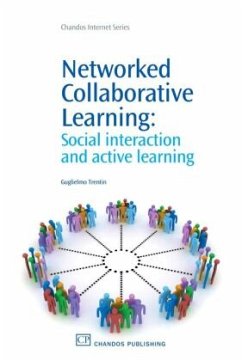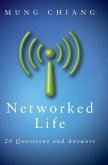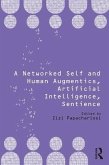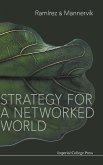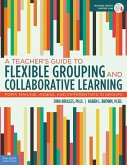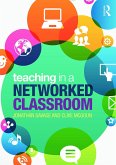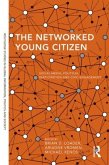The sustainability of Networked Collaborative Learning (NCL) is a key topic of discussion amongst the institutions where it has been or may potentially be introduced. In order to determine the extent of NCL's sustainability, the added value university education may yield by adopting collaborative learning strategies must be quantified. In turn, an understanding of the implications NCL produces in terms of design and management is gained. After comparing NCL with other Technology Enhanced Learning (TEL) approaches and discussing the possible reasons for adopting it, a multidimensional model for the sustainability of NCL is proposed. The model is characterized by four dimensions: pedagogical approaches, e-teacher professional development, instructional design models and valuation/assessment approaches. Each of these dimensions is examined on the basis of the author's direct experience gained through applying NCL to his university teaching.
